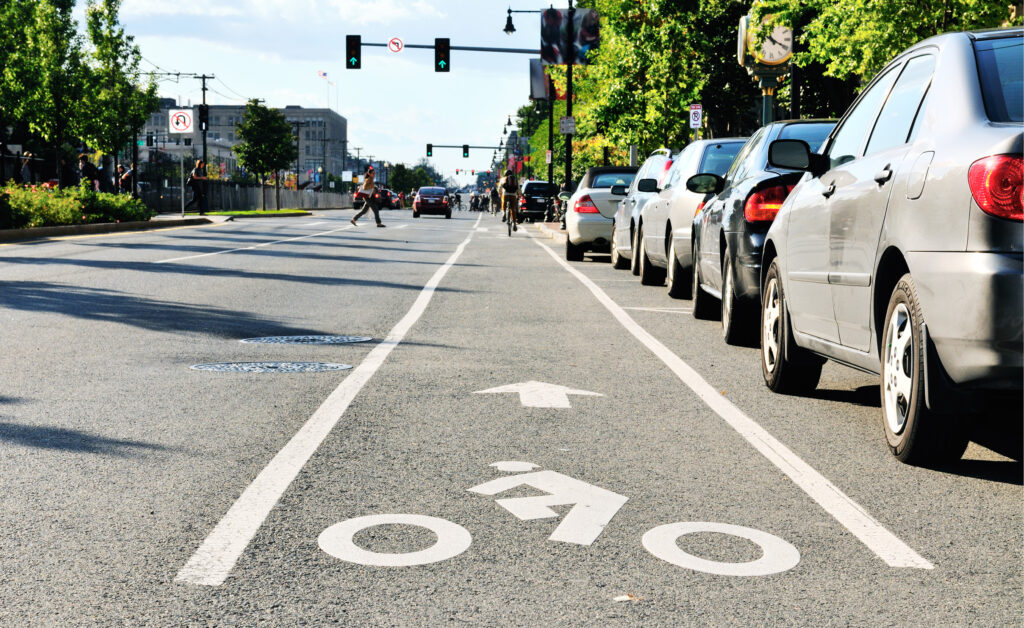by Tina Kelly –
Reduce, reuse, recycle is a classic environmental mantra. This trio of R-words roll nicely off the tongue and as a slogan it’s as old as I am.
While the specific origin of reduce, reuse, recycle is debated, the slogan rose in popularity during the environmental movement of the 1970s and has since become part of our lexicon. But like many topics from the past, we learn new information and update our understanding. And that is why we’re encouraged to add several more R-words to that threesome. I’ve touched on a few of these Rs in previous columns but like in any learning environment, there is value in repetition.
Refuse
Refuse is about deciding what you need and declining the rest. Free is not synonymous with need; just because it’s free doesn’t mean you need it. Of course, this includes the single-use items we hear so much about – straws, plastic cutlery, and bags – but don’t hesitate to offer up a polite “no thank you” to the free giveaways you’re offered at stores, festivals, conferences and other events.
Repair
Renew items we already own – clothes, large and small appliances, furniture – to extend their lifespan and avoid purchasing a replacement.
Rot
Let it rot! Backyards composts and residential kitchen scrap programs divert organic waste from landfills and allow the natural process of rotting to occur. This saves space in our landfills and allows essential nutrients to be cycled back into the system instead of wasted.
Repurpose
Give new life to items by using them in ways that are different than their original purpose. This can be a fun and creative challenge.
From the original R trio, it’s important to reduce what we need, live with less and be mindful of purchases. Deals for large quantities aren’t deals if we don’t use all of what we buy. Reduce waste and reduce energy consumption. Reuse products as much as possible and consider purchasing used items instead of new.
The R-words haven’t just grown in quantity, they have been given hierarchy; we should be considering some Rs first and one of them last. The most important R on the list is refuse. The last, aside from rubbish, is perhaps the one we most default to: recycling. Studies have shown the recycling industry can’t keep up with the quantity of items received and for some materials recycling programs are not as effective as originally hoped. Refuse to buy products with excessive, or any, packaging.
Keep these R-words in mind, not just for items at home, but before buying or accepting a product into our life and home. Do I really need it? Can I reuse it? Will it rot? Maybe the most important R-word of all is to rethink. Rethinking and focusing on these additional Rs will help us lower our environmental footprint, reduce greenhouse gas emissions and save resources.
Refuse, reduce, repair, renew, repurpose, reuse, rot and rethink may not roll smoothly off the tongue, but that shouldn’t prevent us from trying.




